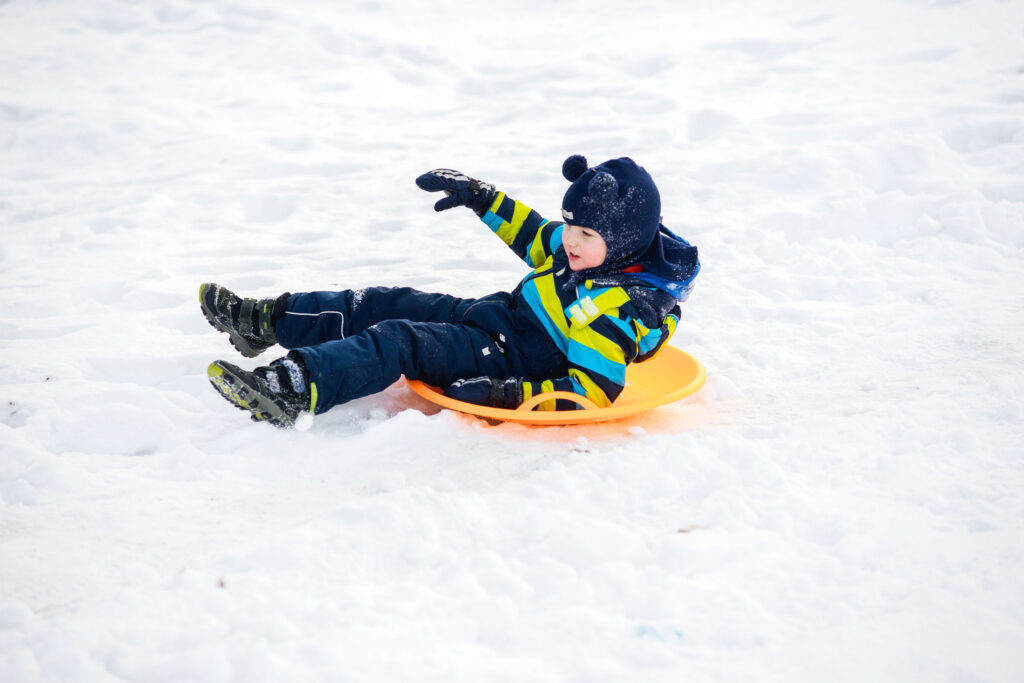
Are you an avid skier, snowboarder, snowshoer, or just like to hit the slopes with a sled or tube at home or at Ober Gatlinburg? If so, then you’re probably excited about the different winter sports activities an uncommon snow fall has brought through the state. While your enthusiasm is completely understandable, you should be careful not to let your season of thrills get cut short by winter sports injuries. Additionally, you should make sure that you are aware of the local COVID-19 mandates prior to gathering in group activities and visiting the ski area at Ober Gatlinburg.
Aside from potential risks associated with the coronavirus, there are several precautions that you can take before you hit the slopes this year in order to avoid winter sports injuries. The Tennessee personal injury lawyers at Lerner and Rowe are here to help you get ready and stay safe this season.
What Winter Sports Gear Should I Wear?
Before heading out the door in wintertime, you need to have proper clothing. This means you should have most of your skin’s surface covered by multiple layers. This is especially important for people with smaller bodies, since they tend to lose heat faster. Make sure to bring all of the following winter basics:
- Hat or earmuffs
- Gloves or mittens
- Thick winter jacket (waterproof is best!)
- Scarf
- Snow pants
- Boots
- Long wool socks
From there, you can add in sports-specific gear. For a jaunt into the snow, you will be all set. But, if you will be out for a long amount of time, ensure what you are wearing will withstand freezing temperatures. Having the proper gear can save you from common winter sports injuries, such as frostbite or windburn.
Why Is Winter Sports Gear Important?
The correct sports gear can potentially save your ankles, knees, legs, and arms from twisting or snapping during winter sports injuries. When heading out to ski, snowboard, sled, or even snowshoe, the proper gear is extremely important. In the event of a slip-and-fall accident, they’re an essential element of protection.
To start, anything that involves going downhill should be accompanied with a well-fitting helmet. This includes sledding. Additionally, make sure your boots are compatible with your activity. Finally, be sure to incorporate poles for added balance if necessary.
What About Equipment Safety?
Check boards, skis, sleds, tubes, and snowshoes for loose parts, cracks, or breakage. You don’t want something to snap at the worst moment. If you have your own equipment, maintain it regularly. If you rent, double check what the rental company gives you to make sure that it’s not a defective product. Broken or poorly maintained equipment can lead to severe injury, especially if you are traveling at high speeds.
Moreover, winter sports injuries on and off the slopes don’t stop with broken bones. You could also suffer traumatic brain injuries and concussions. Such as what occurred when a Hartsville 10-year-old was thrown from a wobbly sled and suffered a brain injury after their head hit a rock.
By taking the time to look over your equipment and gear you can help ensure that faulty equipment does not negatively affect you.
You should also avoid dangerous activities such as pulling sleds or tubes behind ATV’s and other fast moving vehicles that could result in a catastrophic injury, including death.
Winter Sports Injuries Attorneys at Lerner and Rowe
Did you suffer winter sports injuries on a Tennessee slope? Was your injury at no fault of your own, but actually caused by another’s recklessness, negligence, or a dangerous product? If so, you need an experienced personal injury attorney.
Give our legal team based in Nashville a call at 844-977-1900. We offer free consultations over the phone or through our LiveChat feature. You can also get in touch with us by filling out our secure contact form. Don’t hesitate to get the legal help you need to win your case. Reach out to Lerner and Rowe today.



